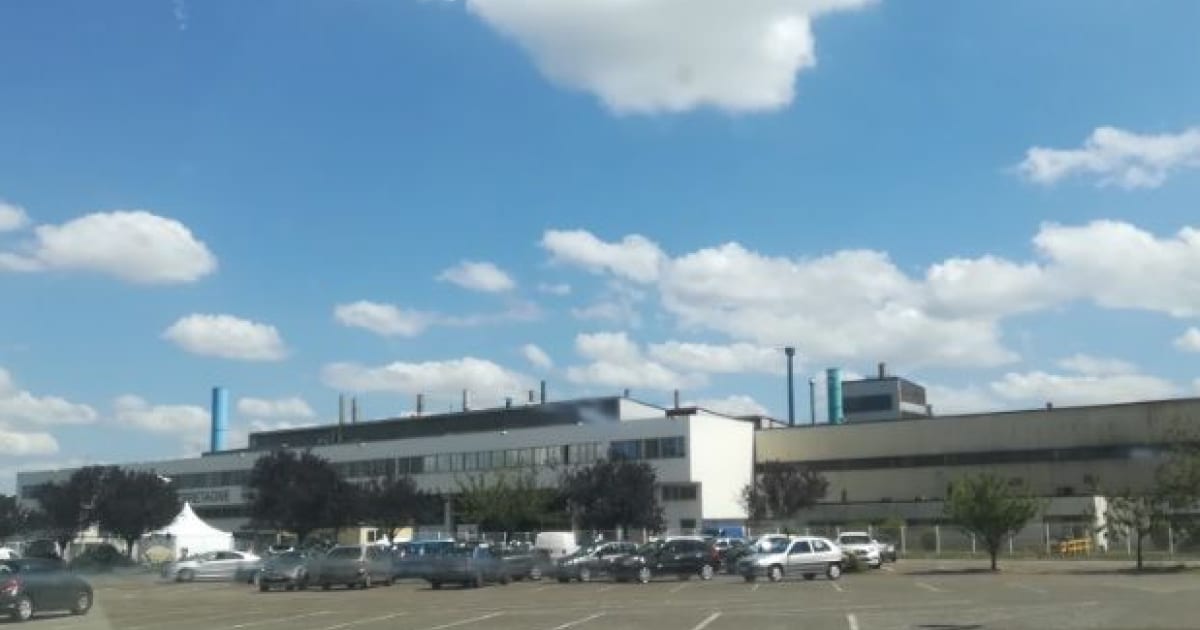The recovery plan for the Fonderie de Bretagne has failed due to Renault‘s refusal to guarantee market shares until 2028, a condition required by the German investment fund Private Assets. Despite the financial efforts of all parties, the car manufacturer has maintained its position, thereby jeopardizing 95% of the production destined for Renault. The failure has provoked outrage among the 300 employees and has sparked severe criticism against Renault, accused of bearing the overwhelming responsibility for this dramatic situation. In the absence of an agreement, the foundry is expected to be placed under safeguard proceedings, with the commercial court seeking a potential buyer capable of securing the future of the company.

Table des matières
ToggleThe delicate negotiations between Renault and Private Assets
At the beginning of December, crucial discussions had been undertaken between Renault, the French automobile giant, and Private Assets, a German investment fund, for the takeover of the Fonderie de Bretagne. However, these exchanges did not come to fruition, leaving the future of the Breton company in suspense. The central issue was the maintenance of Renault’s order volumes, which make up a substantial part of the foundry’s production.
Despite the efforts made by the various stakeholders and significant financial contributions, the negotiations failed. Renault refused to commit to guaranteeing production volumes until 2028, a commitment that the foundry required to secure its diversification strategy. This failure has caused a tumult of reactions, notably from the social and economic committee of the Fonderie de Bretagne.
The impact on the Fonderie de Bretagne
The failure of the negotiations has jeopardized the future of the Fonderie de Bretagne, a company 95% dependent on Renault for its orders. In this context, the foundry risks being placed under a safeguarding procedure. This situation jeopardizes the company’s ability to find a suitable buyer who could potentially ensure the necessary volumes to support economic activity. The director of the foundry has already indicated the concerns raised by other customers.
This uncertain future does not solely stem from the aborted discussions with Private Assets, but also from increased pressure arising from political and media reactions, highlighting the social and economic impact of this failure. The 300 employees of the foundry find themselves in a precarious situation, losing all hope as the holiday season approaches.
Future prospects for the foundry
With a safeguarding procedure pending, the commercial court in Rennes will begin searches to identify a new buyer. However, in the absence of assurance regarding Renault’s order volumes, potential candidates may be hesitant. Recovery proposals, even serious ones, may not reach the scale of offers from Private Assets, potentially leading to a significant cessation of activity.
While other major companies like Stellantis are investing considerable sums in modernizing their structures, the Fonderie de Bretagne finds itself at a critical turning point. If an immediate solution is not found, the impact on the region could be substantial. The support from local authorities remains crucial and their commitment is more necessary than ever to prevent a fatal outcome.





